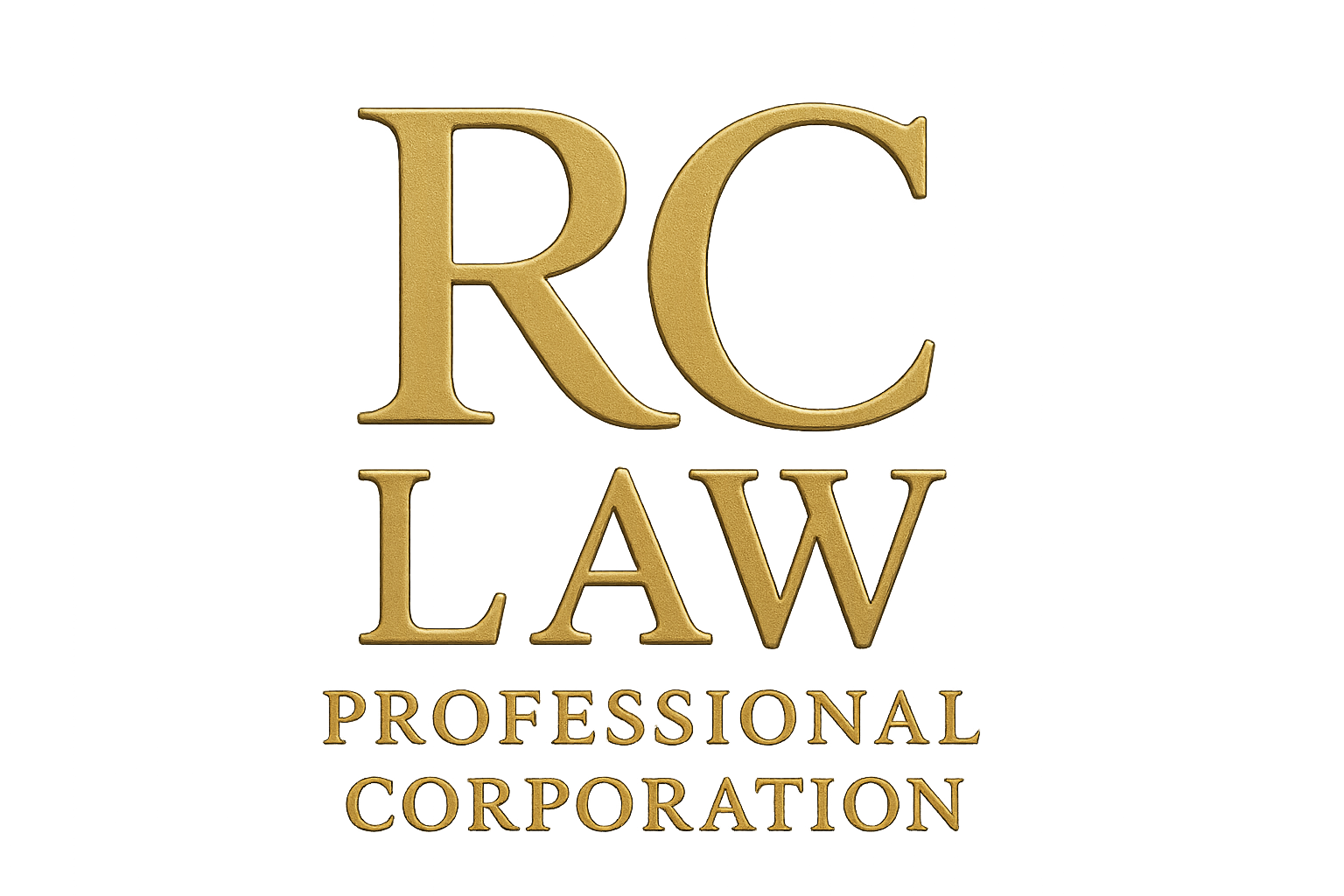The Fixed-Fee Makes You Feel Better… But Is It Doing Your Pocket Some Good?
Many of us, including myself, hear lawyers and businesses claim things like “I would never charge an hourly rate” as if to imply that the hourly rate model is a cruel, terrible and horrifying way of charging.
Is it really so, however? In this article, I will be explaining why you are basically falsely buying into the illusion of security and “transparency” when charged a flat rate in advance.

What is it that makes the hourly-rate model, specifically for legal services, so frightening and upsetting that it would make some professionals think that throwing a flat rate on legal work would solve that problem?
I worked in law firms and legal businesses that use both models, and I have experienced both sides of the coin. Here is what I have witnessed and learned: it is all the same. The result is the same, with more negativity attributed to the flat rate, from a consumer’s perspective. But a consumer would never know that, you will find out why below.
What is a Flat rate?
The “Flat-rate” or “Fixed fee” is essentially the total price that a lawyer usually gives you in advance before working on your case. You will have the option to pay that exact amount before or after the completion of the work, regardless of how many hours of research or work it took in reality. Why do lawyers use that marketing scheme to appeal to customers? Emotional security. We are humans and we are all afraid of the unknown. When we face the unknown, we expect the worst, and even if we don’t expect the worse, the feeling of the unknown itself, is the worst possible experience for most people. No one likes to feel afraid. When clients are facing legal issues, they are already most likely at 95% on the fear scale. Clients want to make things go away as soon as possible. (So do I).
Imagine telling a client that in addition to that 95% fear level, they will be facing an unknown price that could well be in the thousands and no one knows what the result will be in the end (if it’s litigation or immigration…). I imagine that 95% bar increasing to 150% as far as fear is concerned.
Consequently, lawyers who offer Flat-fees basically appear as the “heroes” who seem to have the best interests of the clients’ emotions. I specifically typed emotions, not the actual clients’ financial best interests. The way I like to think of it when it comes to pricing is the following: there is your emotional security on the one hand and your logical pocket on the other -the pocket being your wallet.
From my work experience, the professionals who charge a flat fee, are actually estimating the average amount of time it takes to complete a task and multiplying that by their hourly rate. So instead of charging you for the actual amount of time it took to complete a task, they are charging you, ahead of time, for the projection of work time. That flat fee could be charging you for two hours whereas the task actually took 30 minutes. How many of you (clients) actually asked a lawyer about the amount of time it took to complete a task that they charged you a flat fee for? Probably a minority, since your emotions may be comforted by the security.
What is an Hourly rate?
An hourly rate could not only be cheaper than the flat “projection” fee, but also more transparent, and most importantly, fair. Which is my business’s middle name.
An hourly rate is not as scary as you think. You get a regular bi-weekly invoice (at least with me) representing the amount of minutes spent on every single task dedicated to your case. Under the hourly rate model, you are charged for the actual work done and NOT the projection, unlike the flat fee which is likely to overcharge you. In most cases, a flat fee overcharges you because no lawyer would be able to sustain a business undervaluing time spent on clients’ cases.
When you have more details, thanks to the hourly rate pricing model, as to how a lawyer spent every minute on each task, you have more evidence to get your invoice properly assessed by another body for fairness purposes. A flat fee is basically blanket pricing where, if contested, a lawyer would easily raise in retrospect “detailed work” that would not have been mentioned on your bill. Which pricing model sounds more transparent now?
An hourly rate is NOT more expensive than a flat fee, because in order to calculate the flat fee, a lawyer’s hourly rate is simply multiplied by the average amount of hours it takes to complete your task. Lawyers who are promoting a flat fee are actually masking the fact that they are still using their hourly rate as a base.
There is nothing wrong with basing prices on hourly rate. Employees are paid the same way. Lawyers offer detailed mental manual (as opposed to automated) and customized labor, which is very different than retail; we do not sell shoes, phones, lamps or other ready-made manufactured products. We create every single product, craft and customize it for every client’s issue. Lawyers do not sell results. In fact, lawyers are not allowed to promise you results because it is impossible, based on the nature of the legal and justice system, to do so. There are many things that are out of your lawyer’s control which could determine your case which is why we charge for our labor and the amount of time we spend on every detail, every phone call and email or other on your case. Our time devoted to your case takes away time from other clients and our families.
I once visited one of the most award-winning innovative law firms in Canada. They created self-serve ready-made business document packages to purchase from a website. When I interviewed the Founder to ask about how successful their innovation has been, I was informed that it is no longer compatible with clients’ needs because every client needs something different. So the law firm went back to the old fashion way and is customizing documents for each client, the old fashioned way. How much time is it taking them to do so? Who will not want to charge for their time away from their business to customize a legally valid document for you?
There is nothing cruel or taboo about hourly pricing. What is unfair is inflated hours, lies and exaggeration, the roots of which is abuse of power. Blame the persons abusing their powers, not a neutral and objective system. There are good people and bad people in this world, both types will use the same object in different ways. Filter the moral values of the person behind the calculator, not the calculator itself.


